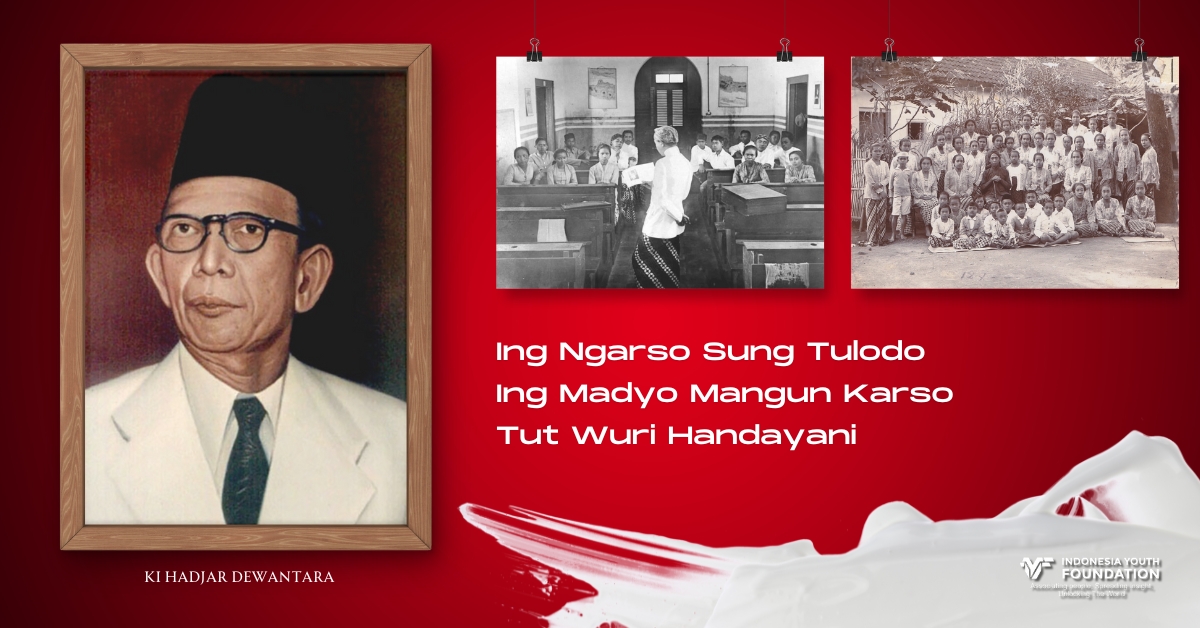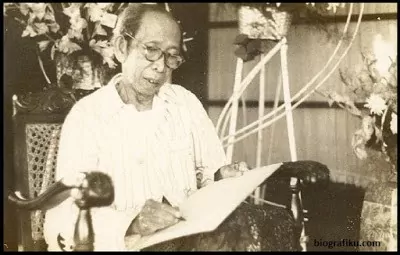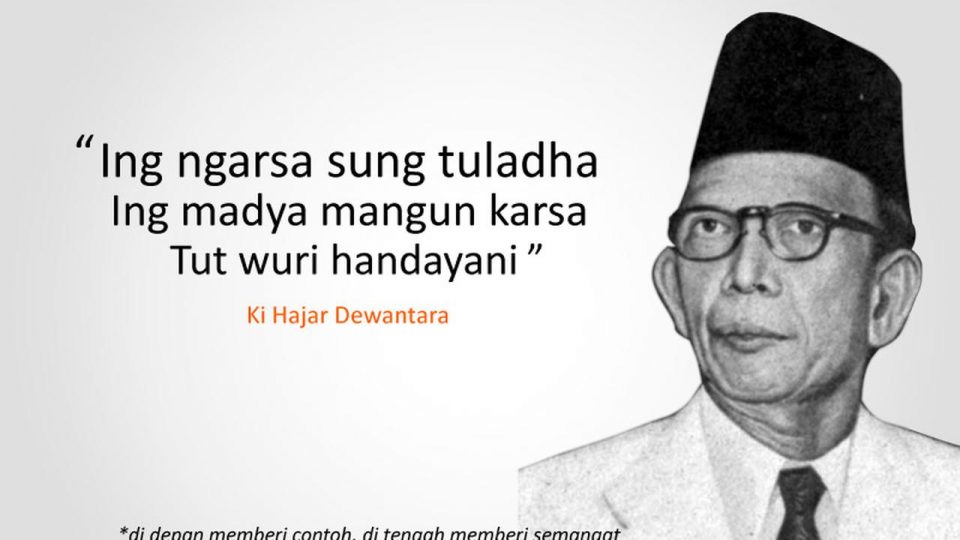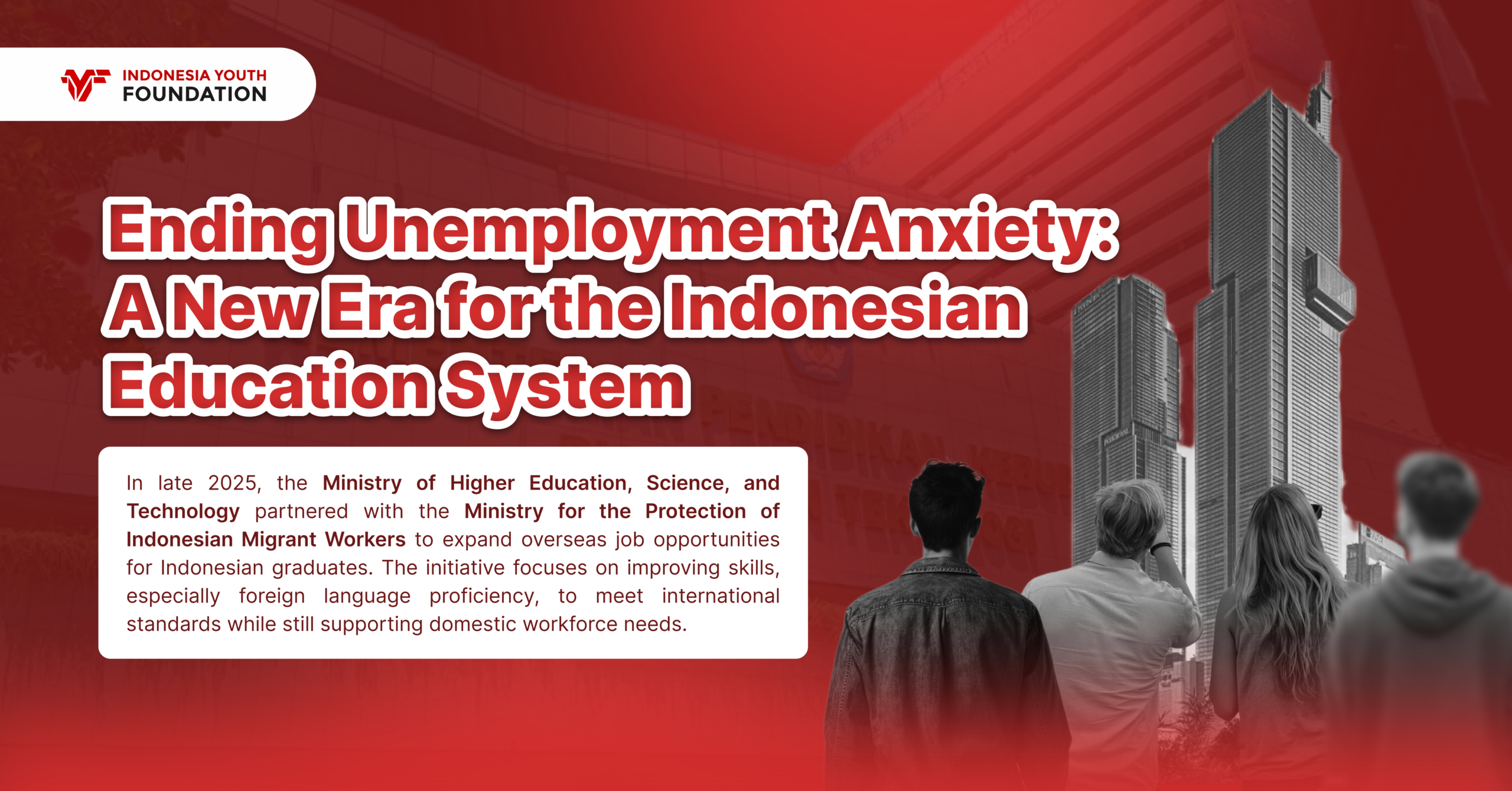Do you know? If National Education Day in Indonesia is appropriately commemorated on May 2. The date was taken from the date of birth of Ki Hajar Dewantara as the Father of Indonesian National Education.
Ki Hajar Dewantara is also known by the Indonesian people as a movement figure who actively fights for Indonesian independence. He is also active in organizations such as Budi Oetomo, Indische Partij, and so on.
So how is the history of Ki Hajar Dewantara awarded the title as the Father of National Education?
The following is the profile of Ki Hajar Dewantara and his work until he was awarded the title of Father of National Education.
Read more: On The Downfall of X, Elon Musk Plans to Charge New Users to Enable Interaction – Indonesia Youth Foundation: Ki Hajar Dewantara: From Movement Figure to Father of EducationProfile of Ki Hajar Dewantara
Ki Hajar Dewantara or better known by people turns out to have the real name Raden Mas Soewardi Soeryaningrat. He changed his name to Ki Hajar Dewantara when he was 40 years old.
Ki Hajar was born on May 2, 1889 in Pakualaman and died in Yogyakarta, April 26, 1959 at the age of 69 years. Soewardi was born among Javanese nobility, his family came from the royal family of Pakualaman. He is one of the grandsons of Prince Paku Alam III through his father, GPH Soerjaningrat.
As a Javanese nobleman, Soewardi Soerjaningrat attended Europeesche Lagere School (ELS), a primary school for European children. Then he got the opportunity to enter the School tot Opleiding voor Inlandsche Artsen (STOVIA) or often called the Javanese Medical School.
Later he worked as a journalist and wrote for many newspapers. Besides being tenacious as a young reporter, Soewardi was also active in social and political organizations. One of the organizations he actively joins is Budi Oetomo.
The beginning of the journey and the role in the National Movement
When he was active as a journalist, he was busy writing critical articles criticizing the policies of the Dutch colonial government. These critical writings then caused the Dutch colonial government to feel threatened.
In 1913, Ki Hajar along with his colleagues, Tjipto Mangoenkoesoemo and Douwes Dekker were exiled to the Netherlands.
During his exile, he not only continued his struggle through writings, but also deepened his knowledge in the field of education.
The experience in the Netherlands further enriched his views on the importance of education to free the people from colonialism. He learned various progressive education methods which he then applied when he returned to Indonesia.
After being allowed to return to his homeland, Ki Hajar became more active in fighting for independence and education for the Indonesian people.
A Revolutionary Approach to Education
Through the establishment of Taman Siswa in 1922, he introduced an educational approach that was revolutionary and different from the colonial education system that existed at that time.
His approach focuses on individual liberation, character development, and the cultivation of national values.
In addition, Ki Hajar Dewantara’s approach emphasizes the importance of holistic education, which not only focuses on intellectual aspects, but also on moral, emotional, and physical development.
Ki Hajar Dewantara also emphasized the importance of education for all levels of society, regardless of social or economic status.
Through Taman Siswa, he opened the doors of education for children from various backgrounds. This is a significant step in reducing social inequality and providing fairer opportunities for all Indonesian children.
His Legacy and Influence in Indonesian Education
Ki Hajar Dewantara’s most famous educational philosophy, “Tut Wuri Handayani,” has become the basis of the educational approach in Indonesia.
This phrase, meaning “behind giving encouragement,” reflects the teacher’s role as a facilitator and guide who encourages students to develop independently.
Then one of the most important legacies of Ki Hajar Dewantara is the concept of inclusivity in education. In its time, Taman Siswa opened access to education for all children, regardless of social or economic background.
This principle of inclusivity is now one of the main pillars in Indonesia’s education policy. Which strives to provide quality education for all levels of society.
In recognition of his outstanding contribution, Ki Hajar has been awarded the title of National Hero.
His name is enshrined in various educational institutions and public facilities, as a tribute to his dedication in advancing education in Indonesia.
Writer: Alifandi Hidayat
Read More: 5 Legendary Makassar Culinary Taste Sensations – Indonesia Youth Foundation: Ki Hajar Dewantara: From Movement Figure to Father of Education










